Schedule at a Glance
7:30 am- 10:30 am
Summit Registration
Kinnear Centre First Floor Galleria
7:30 am- 9:00 am
Buffet Breakfast & Keynote Speakers : Ronna Schneberger & Tracey Gage
Kinnear Centre Room 103
9:30 am- 12:00 Noon
Concurrent Workshops
Kinnear Centre 2nd and 3rd floor
Angela Nagy | Kinnear Centre 201
David Fennell (Online) | Kinnear Centre 205
Jara Schreiber (Online) | Kinnear Centre 301
Sonya Jakubec | Kinnear Centre 305
12:00 pm - 1:00 pm
Buffet Lunch
Vistas Dining Room
1:15pm – 2:30pm
Summit Synthesis - An interactive sense-making activity and Summit summary
Kinnear Centre Room 103
2:45pm- 3:45pm
Closing Keynote: Megan Epler Wood
Kinnear Centre Room 103
4:00 pm- 4:30 pm
Closing Remarks
Kinnear Centre Room 103
Buffet Breakfast and Keynote Speakers
7:30 am - 9:00 am
Kinnear Centre Room 103
Ronna Schneberger & Tracey Gage of Interpretive Guides Association
Interpretation creates the love needed to promote purposeful travel
Presented by Parks Canada
Keynote Speakers


Ronna Schneberger
Keynote Speaker
Ronna Schneberger is an award-winning master interpreter, naturalist, and hiking guide in mountain parks for over 25 years.
In 2016 she became one of the first Canadian forest bathing guides, she is now a trainer. Ronna is the Chair of Nature and Forest Therapy of Canada. In her quest to connect people to nature, she incorporated yoga, meditation, forest bathing, and personal reflection in nature. The results were profound.
When Ronna is not training new hiking or forest bathing guides, she works with leaders, professionals, and executives from all over the world using nature as the teacher to create powerful reflections and transformation. Ronna’s unique nature programs use proven techniques to help people reset and rejuvenate so they can reclaim calm and clarity in their busy lives.
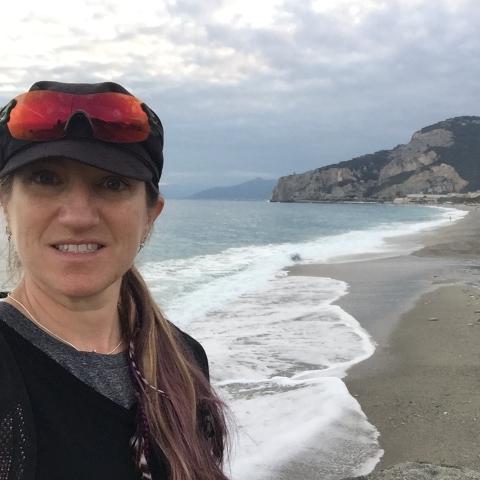

Tracey Gage
Keynote Speaker
Tracey Gage is the Executive Director for the Interpretive Guides Association; an Alberta-based not-for-profit guide training and certification association. She is also a certified master interpreter, Interpretive trainer, hiking guide and tour guide, who has been sharing her love of Western Canada with guests for over 25 years. She has an honours degree in Wildlife Biology from Guelph University as well as degrees in teaching and geography from Lakehead in Thunder Bay. These degrees helped set her up well for the variety of work she does.
Through teaching and coaching, Tracey helps guides learn how to communicate information about their places in meaningful, memorable, and inspiring ways. When Tracey is not helping guides advance their interpretive skills she works with outdoor leaders, educators, and researchers to create a stronger, more cohesive, safe, and standardized industry for outdoor professionals to work in.
Concurrent Workshops
9:30am- 12:00 pm
Kinnear Centre 2nd and 3rd floor
Angela Nagy (In Person)
Can Tourism Meet Science-Based Carbon Reduction Targets by 2030?
Kinnear Centre Room 201
Achieving science based reduction targets means reducing the carbon footprint of the tourism industry by 50% by 2030 and 90% by 2050. Is this possible? In this session, we’ll explore the makeup of the tourism sector’s carbon footprint, what steps can be taken now and over the next 7 years to hit these targets, how regenerative tourism fits in, and what the future holds for achieving net zero and climate positive tourism.
David Fennell (Online)
What should responsibility & sustainability really mean in tourism?
Kinnear Centre Room 205
Until recently, animals have been left off the table in discussions on what represents a responsible and sustainable approach to tourism. Animals have thus been viewed as holding only instrumental rather than intrinsic value. This presentation, based on several years of cutting-edge research, sets the stage for a new era of tourism by opening up channels of engagement between many stakeholders, at many scales, for a deeper consideration of the needs and interests of animals used in the tourism industry.
Jara Schreiber (Online)
Human Rights in Tourism
Kinnear Centre Room 301
Sustainability - the big buzzword of our time - is often associated primarily with environmental issues like plastic reduction or the ecological footprint. Tourism as a people's business depends on the people who work in the industry and live in destinations. And every business activity, also in tourism, has an impact on human rights. We will elaborate examples for human rights impacts of tourism and explore how a human rights-based approach can create social benefit for destinations but also long-term economic benefit for the tourism business.
Sonya L. Jakubec (In Person)
"For the health of it": The push and pull of purposeful travel for health and wellbeing
Kinnear Centre Room 305
Health and wellbeing are always interwoven into the push and pull of travel. Purposeful travel pulls us towards experiences that shape and are shaped by our health, disease, and disability. Across the lifespan, the place of travel as a tonic for what ails us will be explored in this presentation. Prepare to reflect on our personal journeys toward wellbeing and a bigger planetary health, considering also how environmental healing might be part of travel "for the health of it"!
Workshop Presenters
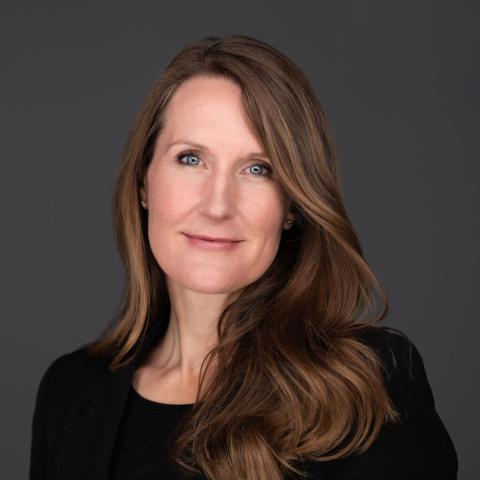

Angela Nagy
Workshop Presenter | Tourism and Climate
Angela Nagy is the CEO of GreenStep Solutions, a company that has provided sustainability strategies and programs for thousands of small and medium-sized enterprises since 2008. Through their Sustainable Tourism division, Angela and her team provide solutions that help tourism destinations and businesses to improve their sustainability performance, including sustainability strategy development, assessments, certifications, eco-funding, consulting, training programs, and carbon footprint measurement. Angela has been trained by former Vice President and Nobel Laureate, Al Gore, David Suzuki, and IPCC scientists to deliver the Climate Reality Project and is certified in Organizational GHG Accounting through the Greenhouse Gas Management Institute, and as a Sustainability Practitioner through The Natural Step. Her experience also includes politics, and Angela has served as an elected official at both the municipal and regional levels, elected on a platform of sustainability.
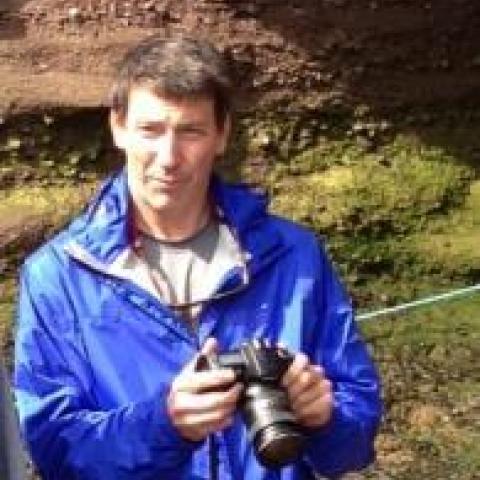

David Fennell
Workshop Presenter | The Traveler (Online Presence)
David Fennell, PhD, is a Professor in the Department of Geography and Tourism Studies, Brock University, Canada. He is the founding Editor-in-Chief of the Journal of Ecotourism and has published widely on ecotourism, the moral issues tied to the use of animals in tourism, sustainable tourism, and fly-fishing. His books on Ecotourism, Tourism and Animal Ethics, and Tourism Ethics are the most highly cited volumes in their respective sub-fields. He uses theory from other disciplines, such as philosophy and biology, to gain traction on some of tourism's most entrenched problems and is recognized globally as a tourism knowledge innovator. David is a top 2% global scientist (all disciplines) in terms of citations.
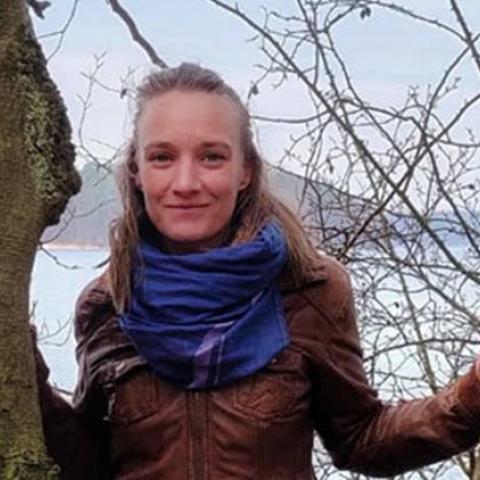

Jara Schreiber
Workshop Presenter | Resident Focus (Online Presence)
Jara Schreiber works as a coordinator for the multi-stakeholder initiative and non-profit association Roundtable Human Rights in Tourism. She holds a degree in Cultural Studies (BA) and Sustainable Tourism Management (MA). She has worked, among others, for a sustainable tourism development consultancy and a tour operator specializing in Madagascar. She has profound experience in the field of sustainable tourism and development.
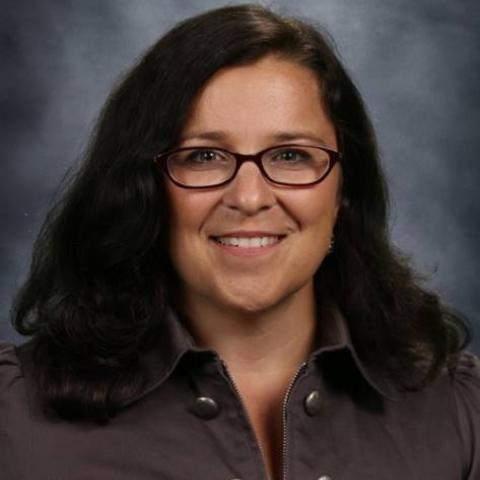

Sonya L. Jakubec
Workshop Presenter | Inclusion/Balance
Sonya L. Jakubec is a community mental health nurse and researcher based in Calgary, Alberta, Canada. She studies the interconnection of supportive environments and wellbeing across the lifespan, concentrating on community and public health approaches. Her current work examines the health and wellbeing benefits of inclusion in parks for people of all abilities and ages – including dementia, palliative and grief care, as well as ecological grief. She has contributed to several textbooks, book chapters, peer reviewed journal and professional articles, media interviews and opinion pieces, as well as research snapshots and documentary films in the public domain.
Summit Synthesis
1:15 pm - 2:30pm
Kinnear Centre Room 103
An interactive sense-making activity and Summit summary
Closing Keynote: Megan Epler Wood
2:45 pm - 3:45pm
Kinnear Centre Room 103
Megan Epler Wood Presentation
Keynote Speaker
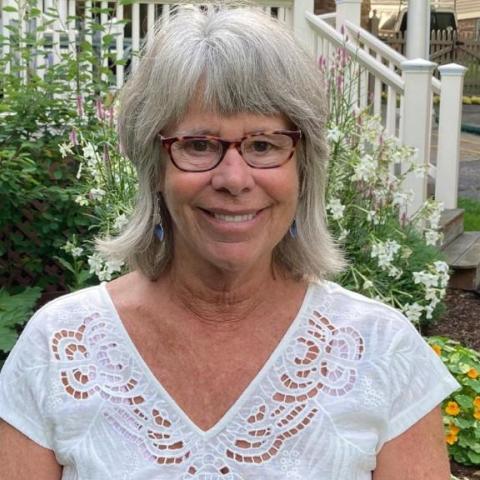

Megan Epler Wood
Keynote Speaker
Megan Epler Wood is the Managing Director of the Sustainable Tourism Asset Management Program (STAMP) at Cornell University in the Center for Sustainable Global Enterprise at the SC Johnson College of Business where she is the lead lecturer for a comprehensive 40-hour, self-paced course Sustainable Tourism Destination Management. This dynamic and fully digital course, released in December 2022, is designed for business leaders, urban planners, sustainable development professionals, destination management organizations (DMOs) and municipal government employees. She led the research and writing for the ground-breaking 2019 report Destinations at Risk; The Invisible Burden of Tourism which helped redefine how
the tourism economy can better meet sustainability requirements on a regional level while covering local costs. Her 2017 book, Sustainable Tourism on a Finite Planet is used as a text worldwide and reviews the sustainability strategies for each sector of the tourism industry. She was with Harvard University from 2010-2021 leading courses and research and leads the international consulting firm EplerWood International (EWI) which designs value-added sustainable tourism economies-- working with international and regional development agencies, destination management organizations, and development banks since 2003.
Closing Remarks: Joe Pavelka
4:00 pm - 4:30pm
Kinnear Centre Room 103
Joe Pavelka Presentation
Presenter
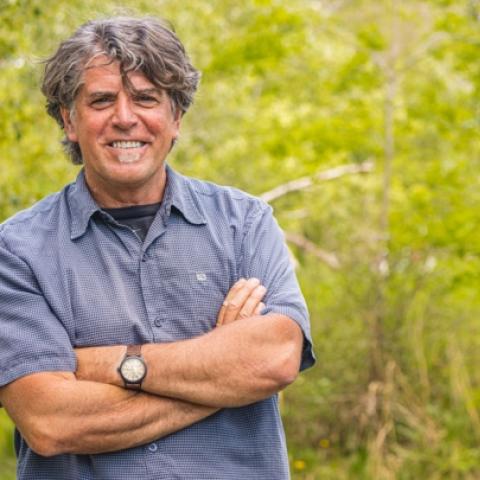

Joe Pavelka
Summit Programmer
Joe Pavelka is a Professor of Ecotourism and Outdoor Leadership at Mount Royal University in Calgary, Canada. His focus is on sustainable tourism, lifestyle migration and crowding. Joe is passionate about experiential learning and he has designed and delivered numerous international field schools to Latin America. Joe is also the Principle at Planvision Consulting International Ltd. and provides consultancy to the tourism, parks and recreation sectors. He is programmer for the inaugural Purposeful Travel Summit and sits on the Banff Net Zero 2035 Working Group. He has a doctorate in Geography from the University of Calgary, a master’s degree in Recreation Administration and two undergraduate degrees from Lakehead University in Thunder Bay ON.